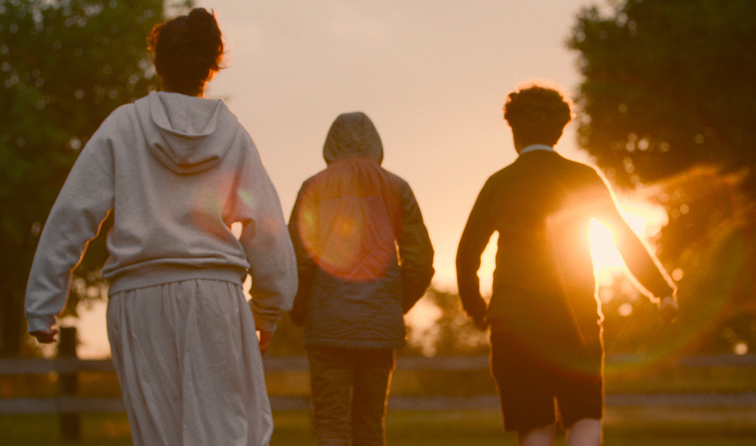
2hrs 30mins
The land where I live: Flora and fauna explorations (5&6)
Engage your students by teaching them about the land on which their school or home is located.

1hr 30mins
Regenerating Australia - Watching the film (9&10)
Inspire your students to explore ideas, solutions and stories to regenerate Australia.

1hr 30mins
Regenerating Australia - Watching the film (7&8)
Inspire your students to explore ideas, solutions and stories to regenerate Australia.

1hr 30mins
Regenerating Australia - Watching the film (5&6)
Inspire your students to explore ideas, solutions and stories to regenerate Australia.

4hrs
Rachel's Farm for community groups
Start conversations with your community about the principles and practice of regenerative farming and help farmers future proof their farming business. The activities can also be easily applied to smaller scale community groups who have gardens.

4hrs
Rachel's Farm for tertiary
Provide tertiary, Ag college and TAFE students with a valuable Australian case study that provides an entry into the principles of regenerative agriculture and the importance of biodiversity, soil health and our food system. This case study is a useful sample that can be investigated and applied to research assignments.

4hrs
Rachel's Farm (Secondary years 7-12)
Rachel’s Farm offers an exciting opportunity to engage students in learning about solutions to climate change, the importance of biodiversity, soil health, regenerative agriculture, farming, health and our food system - and the links between them all!

1hr 40mins
Finding out about food
In this lesson, students will be immersed in and connect with 2040, focusing on the topic of food.

1hrs
Food security
In this lesson, students will be immersed in, and connect with 2040, focusing on the topics of food security.

1hr 30mins
Seaweed in the food chain (US)
In this lesson, students will be immersed in, and connect with, the documentary film 2040, focusing on the topic of food chains and food webs. Students begin by completing a Flipped Classroom preparation activity to introduce the topics of food chains and food webs. Students then explore how seaweed farming could improve marine food webs as well as benefit human populations. Finally, students are asked to think about what other actions humans can take to improve marine food webs and to communicate their ideas through a poster or infographic.

1hr 30mins
Our place in the world
Students explore how our relationship with nature has changed over time and learn about different cultural perspectives on this relationship. Students will then design a connection to nature action plan to ignite change in their school community.














